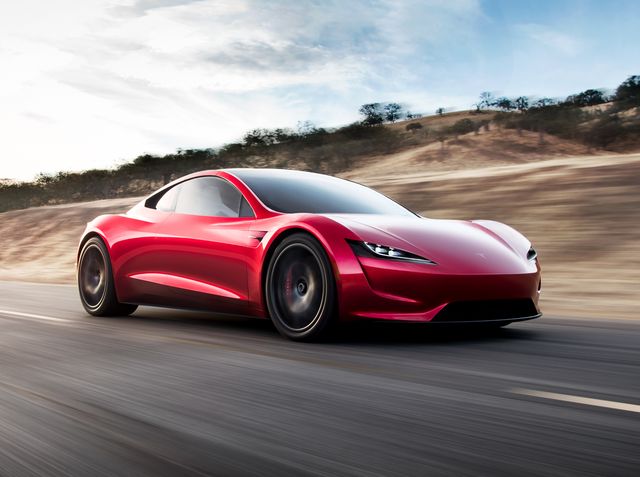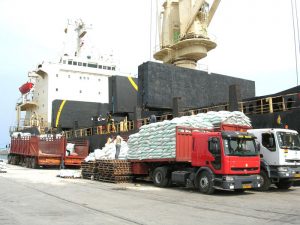Tesla says it delivered a record number of its cars in the first quarter, despite supply chain challenges.
The electric carmaker says it delivered more than 310,000 vehicles in the first three months of this year.
That was almost 70% higher than for the same time last year.
Chief executive Elon Musk says the improvement came despite an “extremely difficult quarter”, including strict coronavirus policies in China, where Tesla has a so-called ‘giga factory’.
Tesla delivered 310,048 cars from the start of this year to the end of March, up from 184,800 a year earlier, according to figures released over the weekend.
“This was an exceptionally difficult quarter due to supply chain interruptions and China zero Covid policy,” Mr Musk said on Twitter.
“Outstanding work by Tesla team and key suppliers saved the day.”
The bulk of deliveries were of Tesla’s Model 3 sedan and Model Y.
Mr Musk previously said the Model Y, which was launched in 2019, was part of Tesla’s plan to reach a wider market.
It has a longer range per charge than the Model 3 – which was launched two years earlier.
The world’s most valuable carmaker is set to release its full financial results for the period on 20 April.
Tesla has a ‘giga factory’ in Shanghai, which is a high volume car manufacturing plant, which also produces the lithium-ion batteries that power the vehicles.
It was reportedly shut as the city saw a surge in coronavirus infections.
Tesla did not resume production at the site on Monday as planned, according to reports that cited an internal memo.
The company did not immediately respond to a BBC request for comment.
In January, Mr Musk said he expected Tesla to grow by more than 50% this year despite supply chain problems.
The firm reported a record $5.5bn (£4.2bn) profit last year.
Chinese officials imposed a lockdown in Shanghai, a major manufacturing and financial centre, for mass Covid testing last week.
Businesses, including rival carmaker Volkswagen, have also scaled back their operations in Shanghai.
The city is also a hub for semiconductor and electronics manufacturing, as well as being the world’s busiest shipping port.






